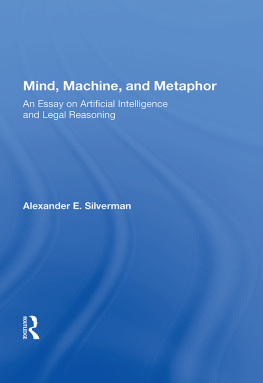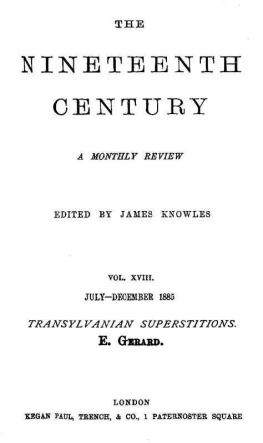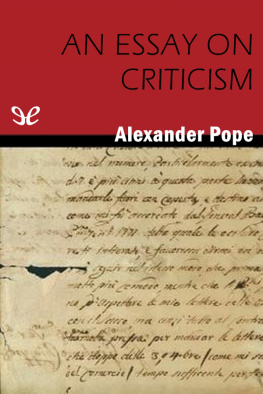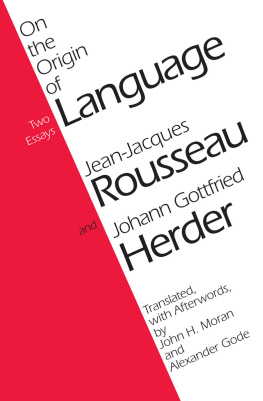Alexander Gerard - An essay on genius
Here you can read online Alexander Gerard - An essay on genius full text of the book (entire story) in english for free. Download pdf and epub, get meaning, cover and reviews about this ebook. publisher: Printed for W. Strahan; T. Cadell, genre: Science. Description of the work, (preface) as well as reviews are available. Best literature library LitArk.com created for fans of good reading and offers a wide selection of genres:
Romance novel
Science fiction
Adventure
Detective
Science
History
Home and family
Prose
Art
Politics
Computer
Non-fiction
Religion
Business
Children
Humor
Choose a favorite category and find really read worthwhile books. Enjoy immersion in the world of imagination, feel the emotions of the characters or learn something new for yourself, make an fascinating discovery.

- Book:An essay on genius
- Author:
- Publisher:Printed for W. Strahan; T. Cadell
- Genre:
- Rating:4 / 5
- Favourites:Add to favourites
- Your mark:
- 80
- 1
- 2
- 3
- 4
- 5
An essay on genius: summary, description and annotation
We offer to read an annotation, description, summary or preface (depends on what the author of the book "An essay on genius" wrote himself). If you haven't found the necessary information about the book — write in the comments, we will try to find it.
An essay on genius — read online for free the complete book (whole text) full work
Below is the text of the book, divided by pages. System saving the place of the last page read, allows you to conveniently read the book "An essay on genius" online for free, without having to search again every time where you left off. Put a bookmark, and you can go to the page where you finished reading at any time.
Font size:
Interval:
Bookmark:
This is a digital copy of a book that was preserved for generations on library shelves before it was carefully scanned by Google as part of a project to make the world's books discoverable online. See the back of the book for detailed information.
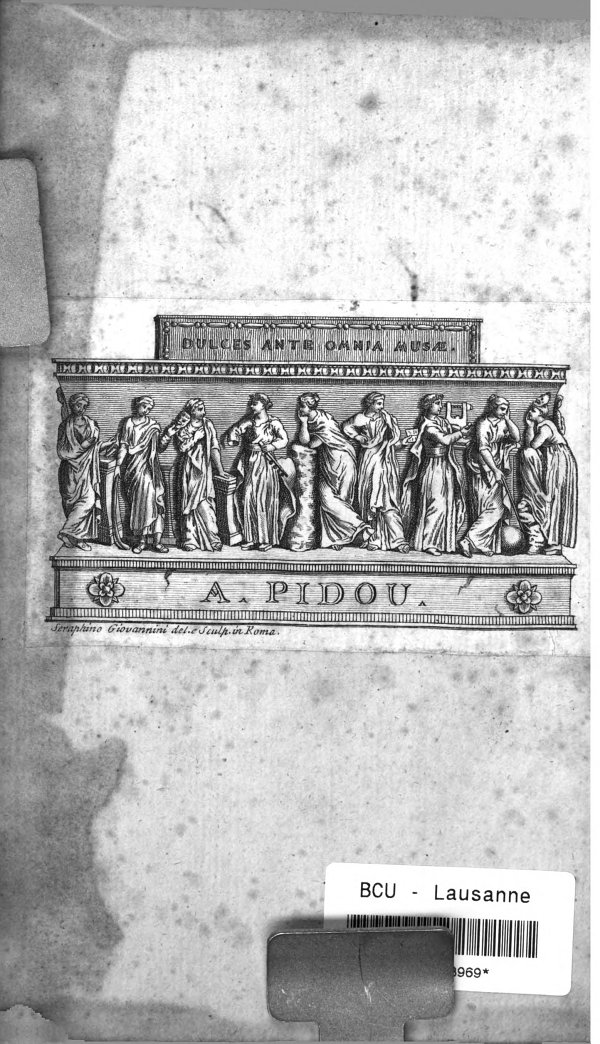

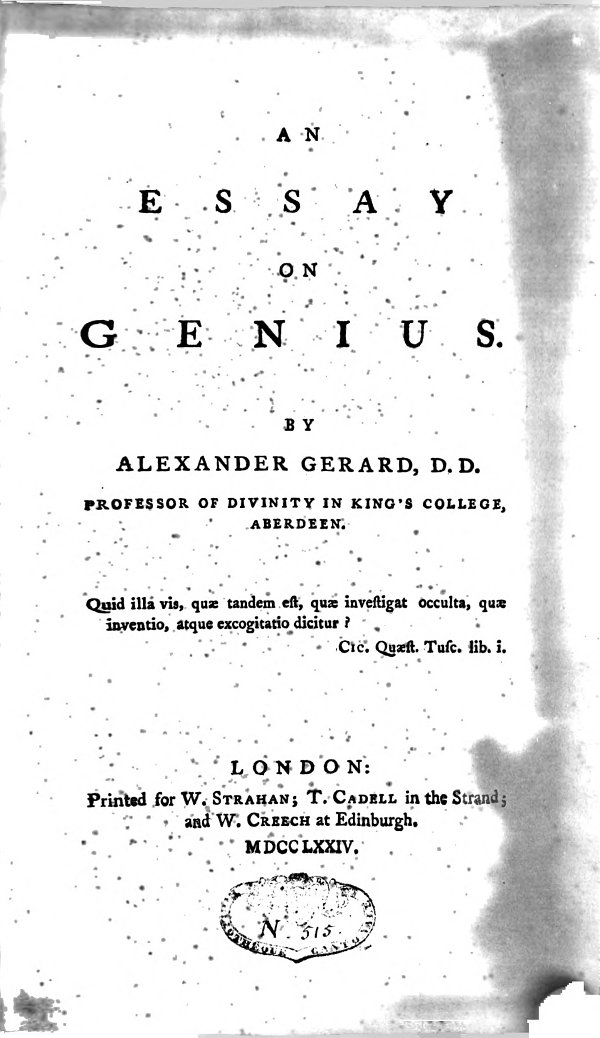
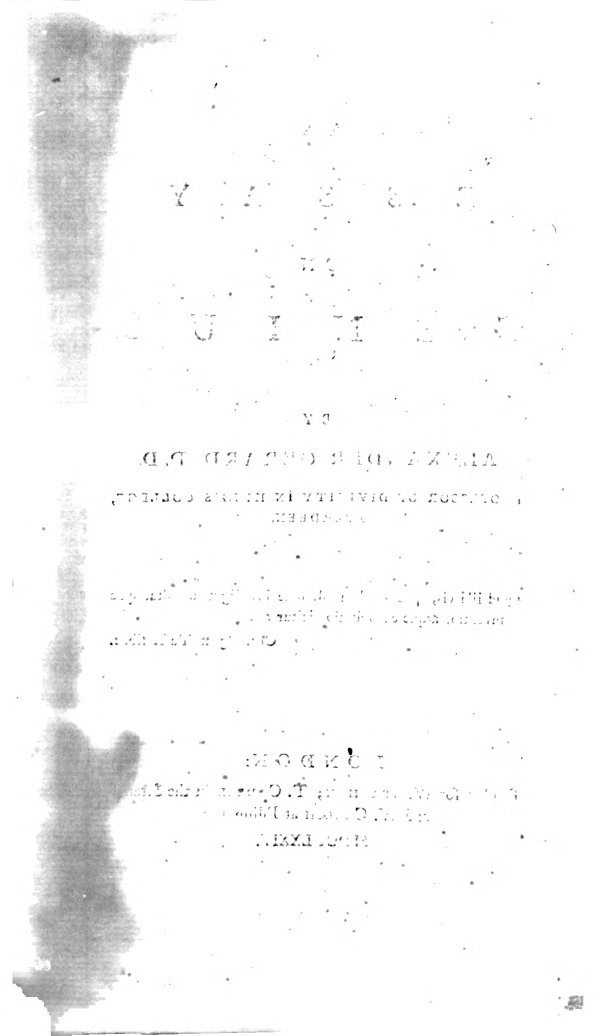
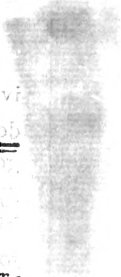
-!! i .''') J:r.;;..jn VU:'Tt I'' s:' ~ V vf
]' -... ;:-"y' '. ,
v^P VJE $ TJS g.M E:N TV
*' r . I
J....- . I./> -. 1 J -...V '"j ';
-**|~*H Author as *he rfpllpwir^g^J^^ JL had occasion, ;ki siting on ^'j*, -to corisider its connciien with G?m)#. The attention which he bestowed on. this iatterifiafeulty, in that one ;point of view,, convinced him, that its Nature and its Principles admitted and required a fuller dn^estigadon than i had .^er *ben attempted, and determined Mm. to enter on that investigation immediately after finishing his former.wock. Accordingly his plan was formed, the first part composed, and some progress made in the second part, so long ago as the year 1758. He was then in an office which favoured enquiries of this nature; his continuance in it would have afforded him the opportunity of compleating the A 2 design design in a short time; and the indulgent reception given by the Public to his Essay on Taste would have encouraged hM t6it: but'being soon after removed to an office which neceflarily directed "hislchief attention to subjects of a different1 kind, and fully occupied Jiis time, he-'-Ms^been^able to. prosecute his. de^ighi'-tv^th'long Jthd frequent interruptions,- only ajs -the' immediate' duties of %is ffofeffion allowed him leisure. Intervals of such leisure have put it in his power to reduce his thoughts to the form iil which they now appear. The subjeft is' curious; of the execution. the. Public are'the proper judges. : "\ ?''\"^.:\ :..'a\'1
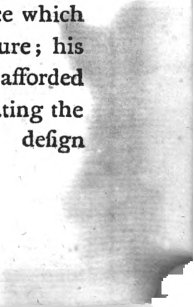
r.:j ni i n th/TT--"- .w las ,:-."(-j -j;->'{ ai.'j - f; -. - -.slo! ti ,mq Li-.oat n-jjsj-v -i." j n;; n^rlt . v.y oil A\ ri
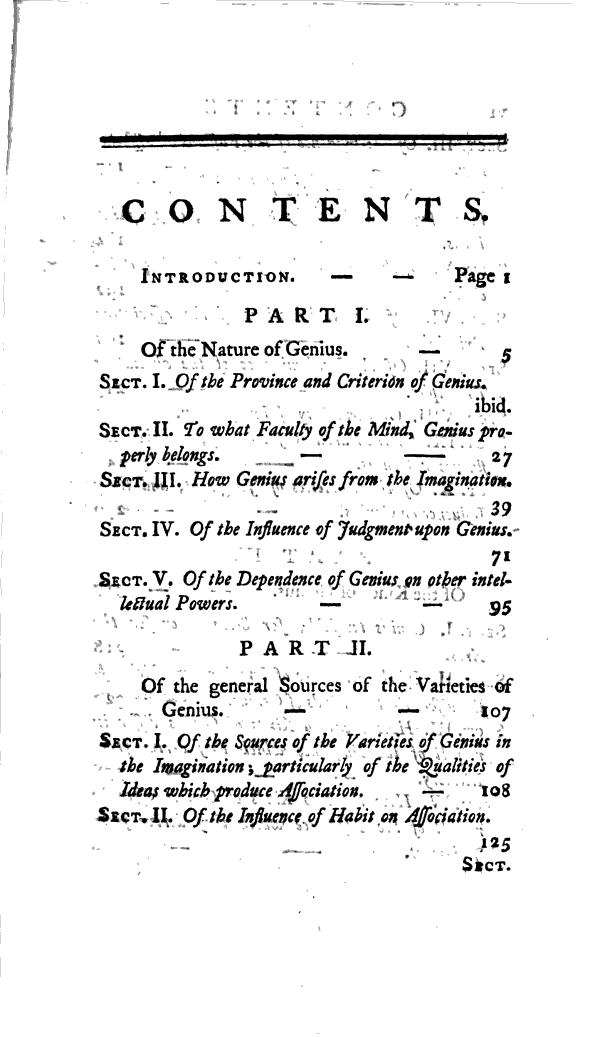
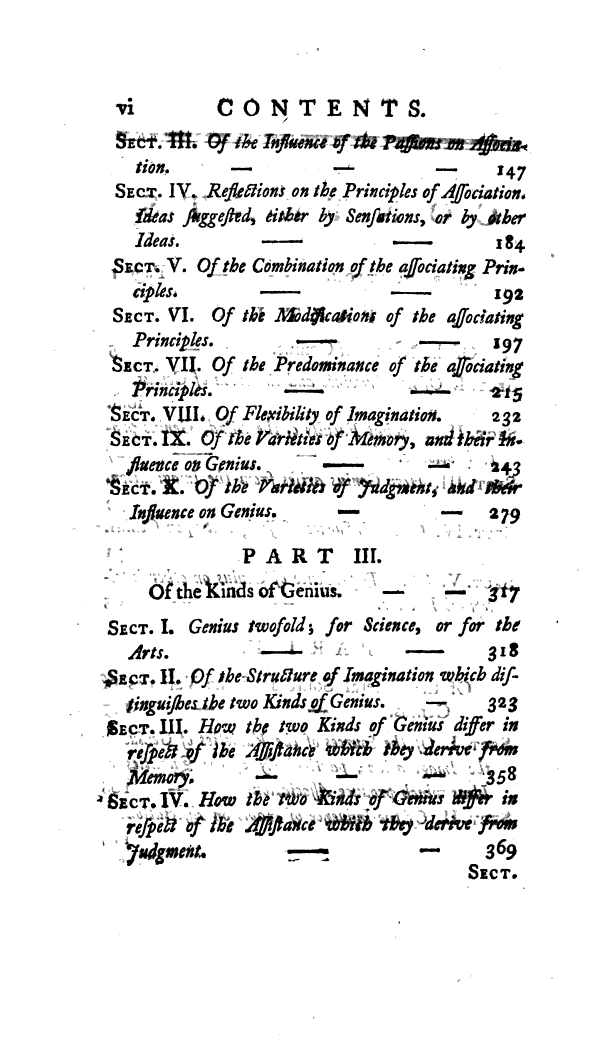
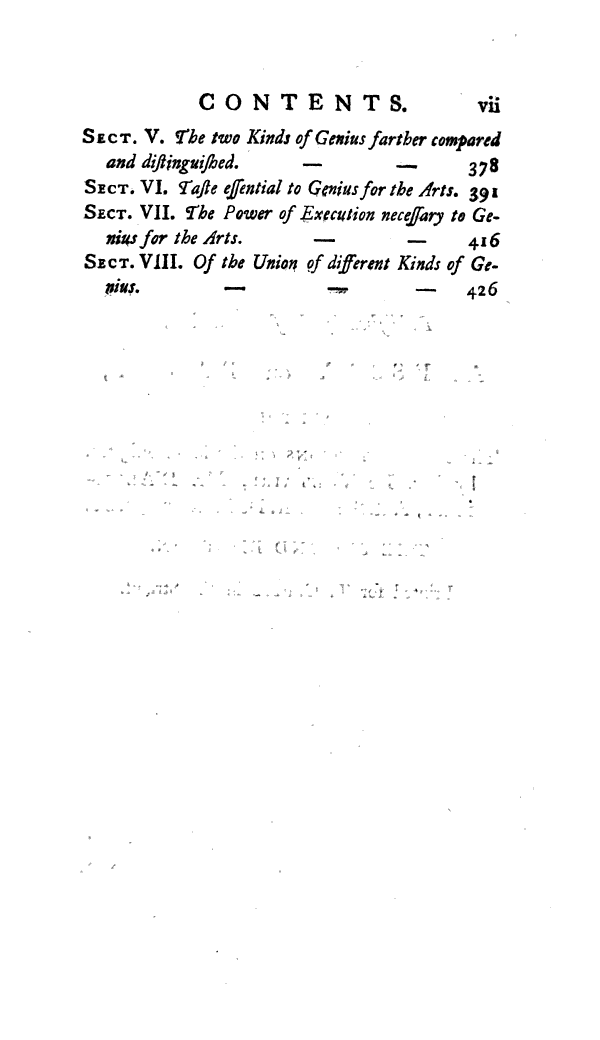
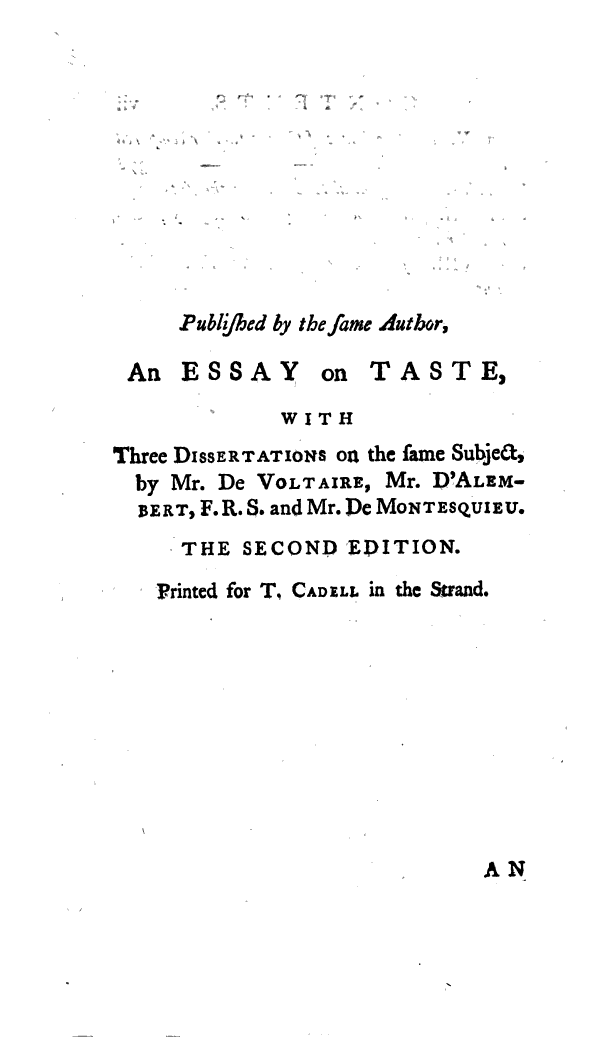

ESS A Y
O N
GENIUS.
IT is remarked by those who have considered the state of human knowlege with greatest attention, that the subjects of men's enquiries have been, in most casses, determined by accident, and not pursued with regular application, according to their dignity or their natural connexion. On this account, some subjects of the greatest importance have been totally neglected, and many more have been imperfectly examined, and prosecuted no farther than superficial observations spontaneoufly occurred, and casual inclination disposed men to attend to them. This has happened in all the sciences, but especially in the
B scienc* science of human nature. It has seldom, been explored with that care which is requisite in a subject so subtile and abstruse. Far from taking a complete survey of this curious region, men have satisfied themselves with some random incursions, visiting only a fewtracts which happened to engage their curiosity, and penetrating even into these, only so far as some present view required.
f\L L thf same causes which produce such a, superficial and fortuitous method of investigation with regard to other subjects, produce it likewise with regard to the human mind: and some circumstances render our enquiries on this subject, flight and accidental, which do not extend their influence to the others. The phenomena of the mind have not so grea^ steddiness of existence, as the qualities of bodies, It is impossible to make experiments so purposely on the understanding or the pas* fions, to pursue them so deliberately, or to repeat them so easily, as on material things. It is necessary to catch appearances as they happen to discover themselves, either imme-; diately to a man's own consciousness, or by ^heir effects in the conduct or conversation ofj" other men. For this reason it requires long time, favourable opportunities, and incessant attention, to collect such a number of facts concerning any of the mental powers, as will be sufficient for deducing conclusions concerning them, by a just and regular induction.
This difficulty which attends the investigation of the principles of human nature, has contributed much to check the progress of men's enquiries concerning them, and to prevent some of the most important of them from being at all professedly analysed. Genius itself, the leading faculty of the mind, the grand instrument of all investigation, has scarce ever been examined with care. In the writings of those who treat with greatest accuracy of the intellectual powers, we find only a few incidental observations concerning Genius. It is confessed to be a subject of capital importance, without the knowlege of which a regular method of invention cannot he established, and useful discoveries must continue to be made, as they have generally been made hitherto, merely by chance. But it is reckoned a subject which can be reduced to no fixt or general principles; its phenome
na are almost universally regarded as anomalous and inexplicable. It is however worth while to enquire, whether this be really the casse, and to make an attempt at least, to explain the nature and varieties of Genius froni the simple qualities of the human mindf
PART PART r.
Os the Nature of Genius,
IT will be proper to begin our enquiries, by ascertaining, what it is that properly constitutes Genius as distinguished from our other intellectual powers. This will both render our conception of it precise, and lead us to discover, what other operations of the understanding, attend it in its exertions, or assist it, and in what manner."
SECT. L
Of the Province and Criterion of Genius.
rT* H E powers of the human mind, however distinct in themselves, are generally complicated in their energies. Scarce any of them can be exerted in perfection, without the assistance of many others. On this account, it is very difficult to collect the phenomena which belong to each, to distinguish precisely one faculty from the rest, and to ascertain its peculiar nature and province.
P 3 The The habit of confounding our mental powers with one another is so strong as to render the closest attention necessary for making a separation; and the natural subtlety of the subject makes it hard to reflect upon it with close attention. But without determining, in this manner, the proper nature of each faculty, and marking its real difference from those which most resemble it and are often combined with it, our conception of it will be imperfect and indeterminate.
Font size:
Interval:
Bookmark:
Similar books «An essay on genius»
Look at similar books to An essay on genius. We have selected literature similar in name and meaning in the hope of providing readers with more options to find new, interesting, not yet read works.
Discussion, reviews of the book An essay on genius and just readers' own opinions. Leave your comments, write what you think about the work, its meaning or the main characters. Specify what exactly you liked and what you didn't like, and why you think so.

